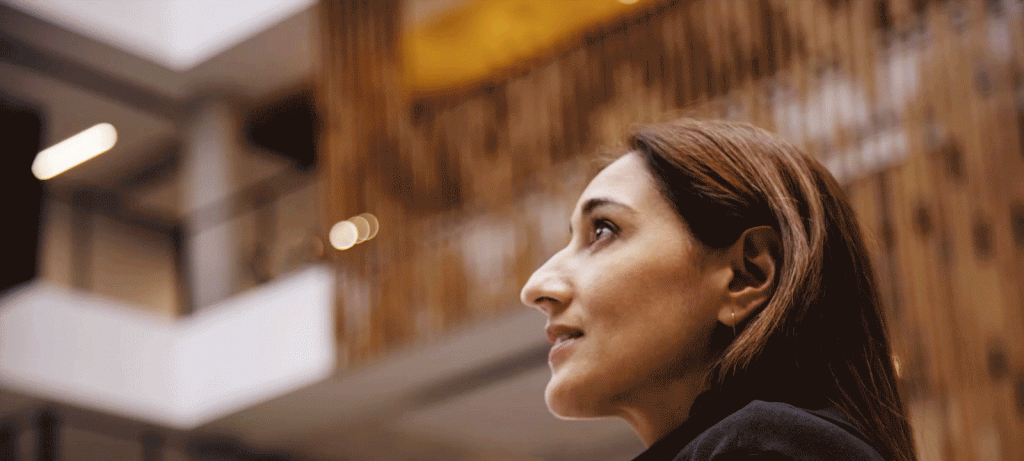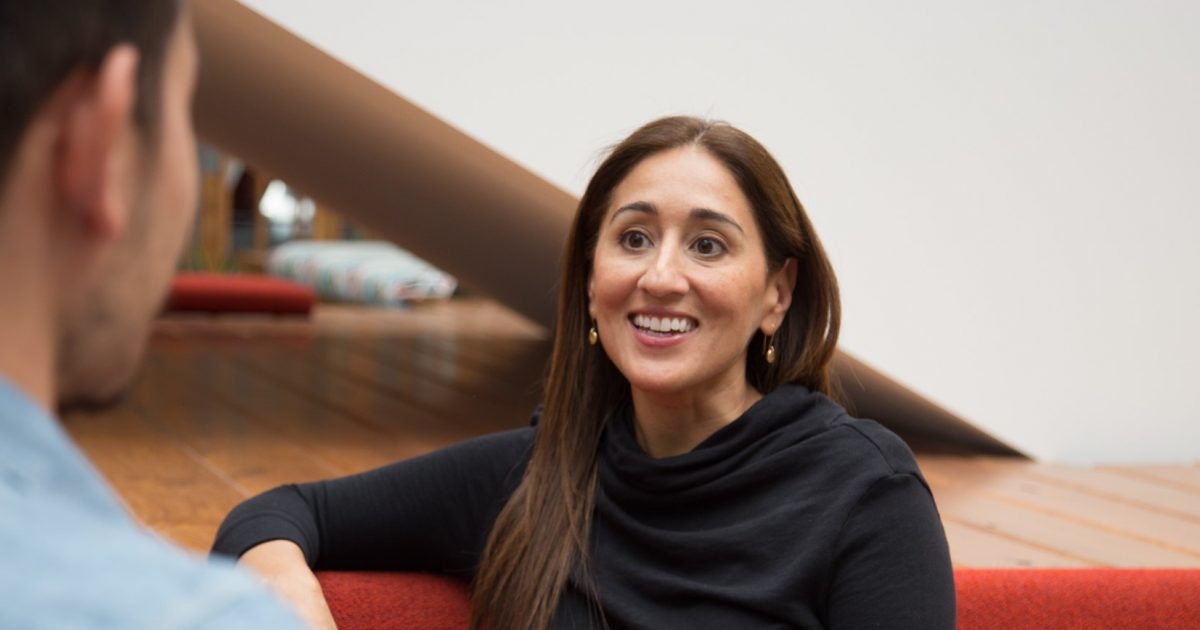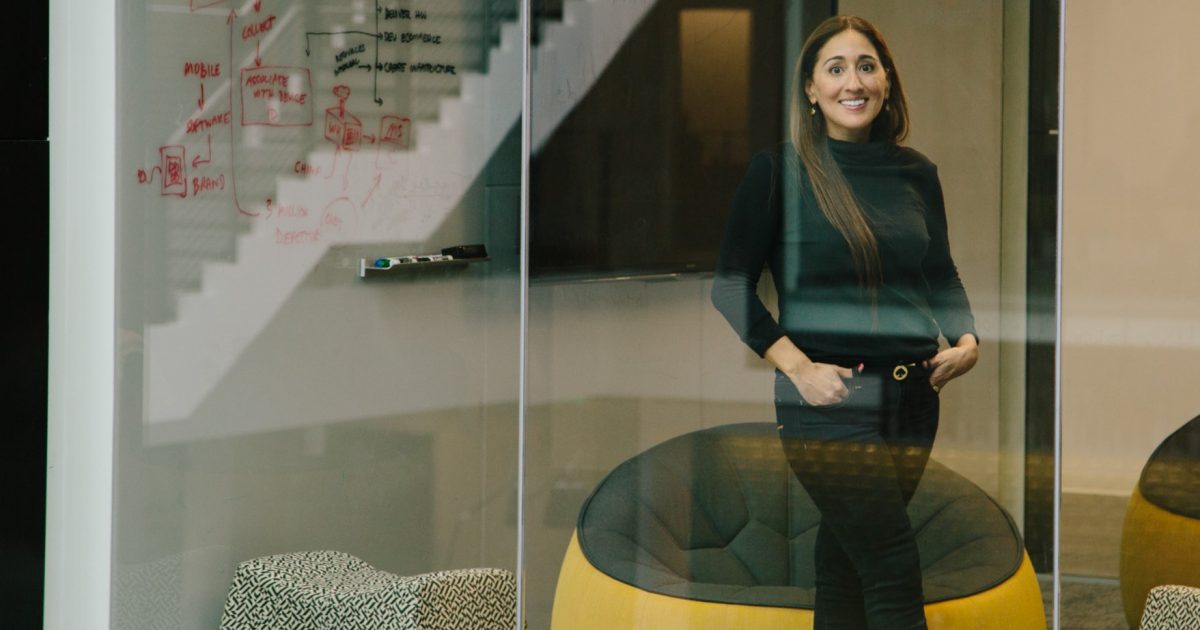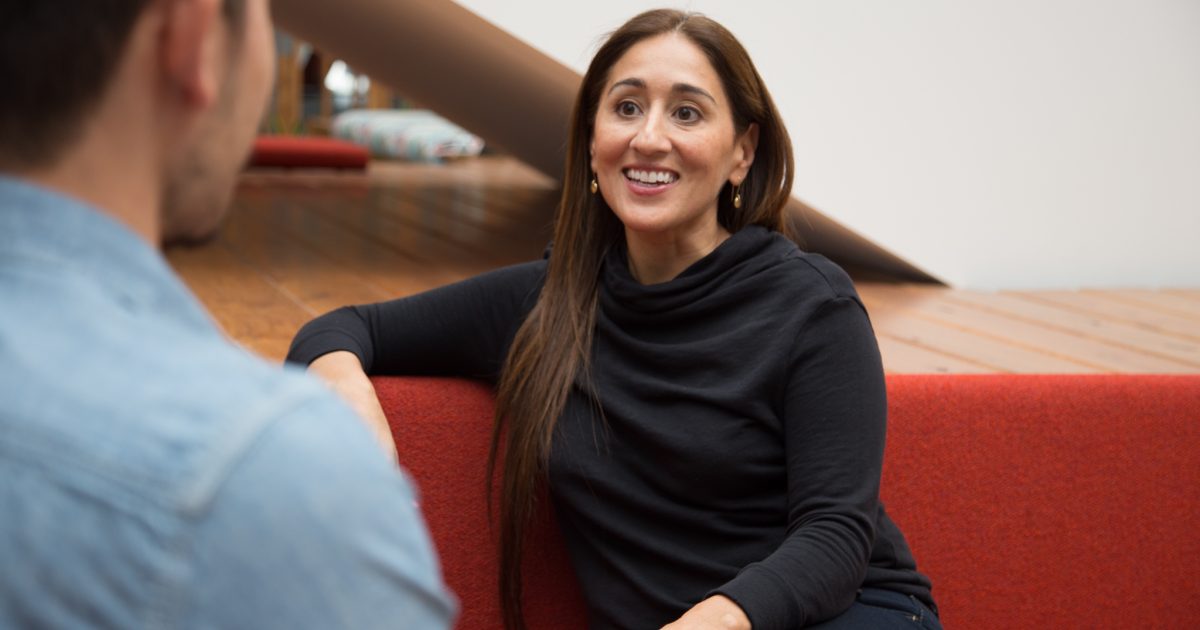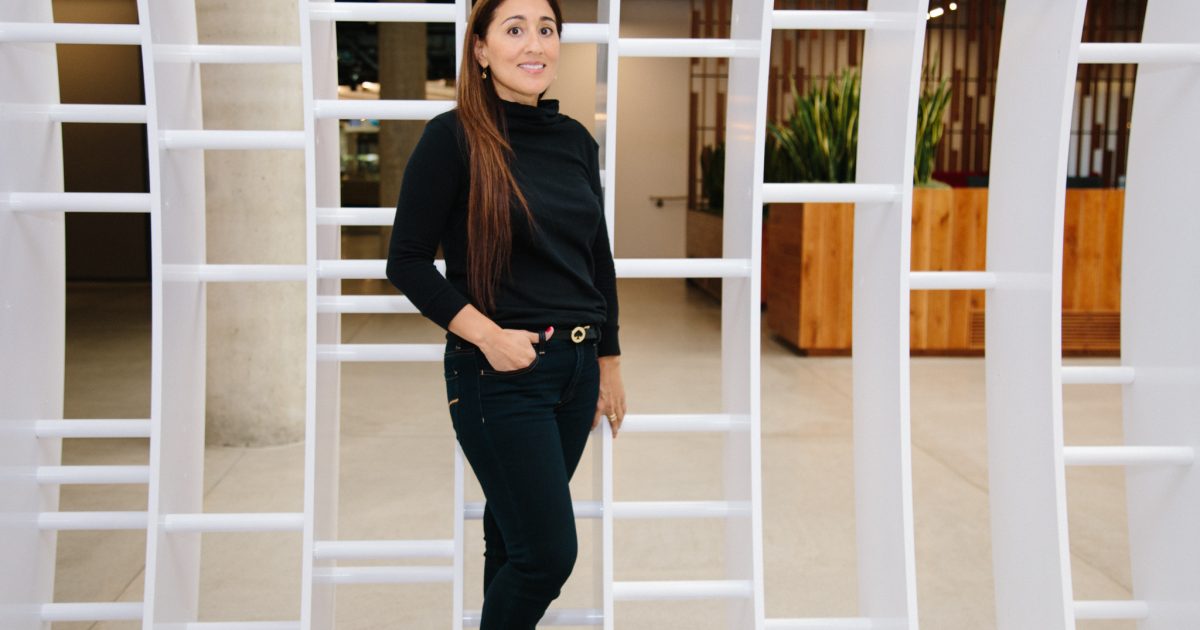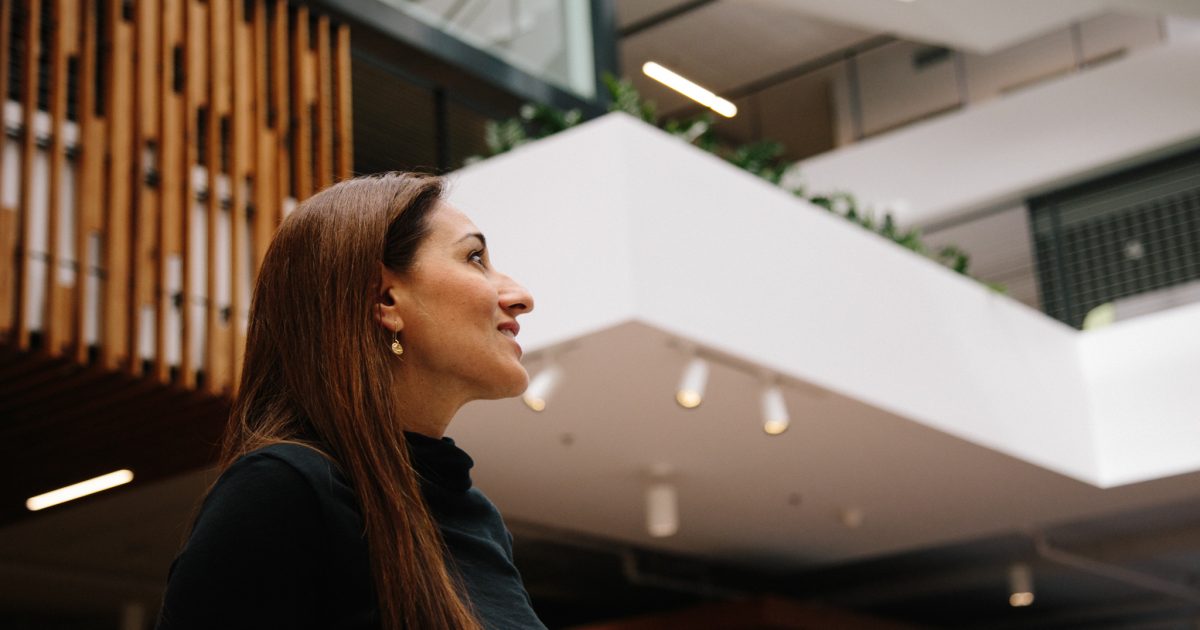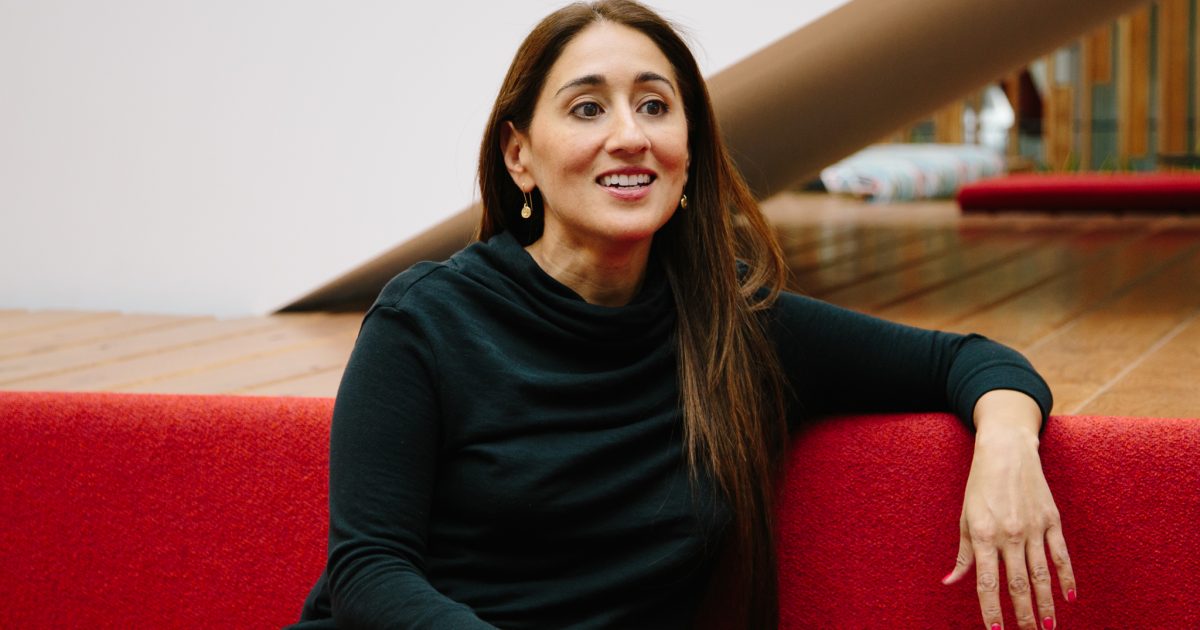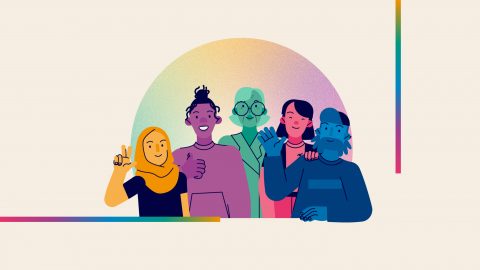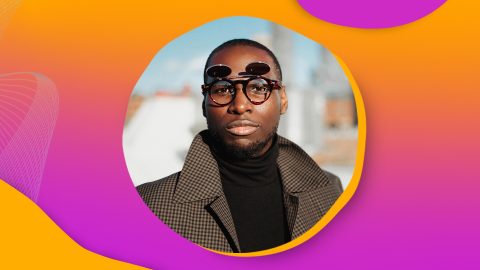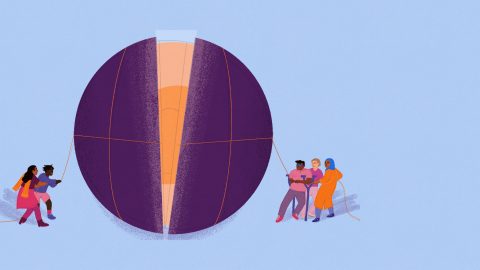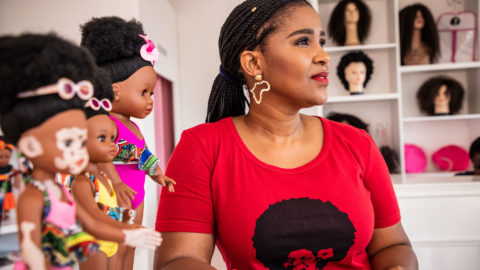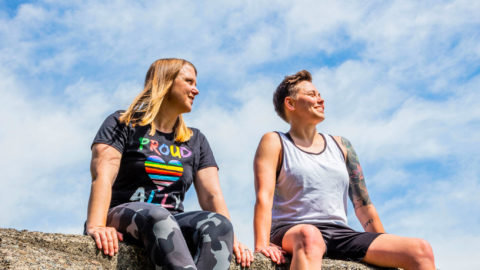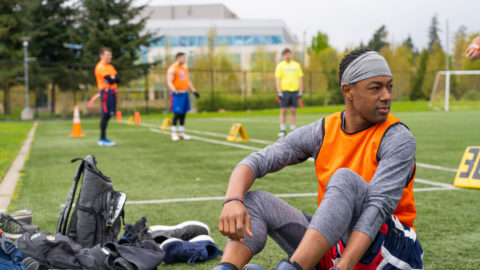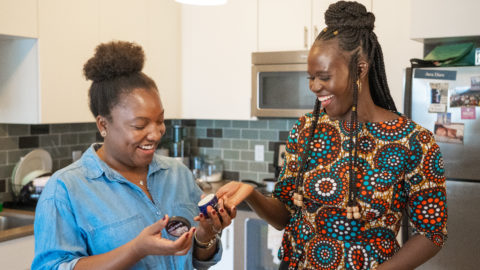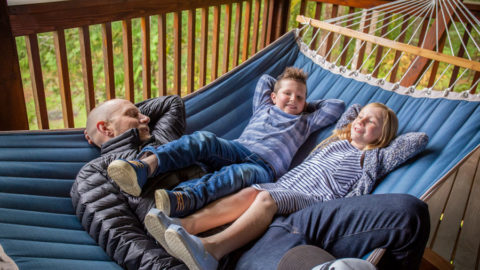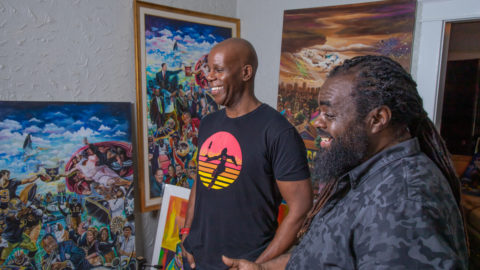One of the most creative women in advertising joins Microsoft
Eliza Esquivel brings her advertising expertise and obsession with the future to marketing team
Eliza Esquivel has never been one to take a linear path anywhere.
It’s clear in the way she put off diving into a career in her 20s to focus on meditation and figure out what life meant to her, and in the way she changed her plans of becoming a literary critic to venture into advertising — and went on to run a $36 billion portfolio of well-known global brands.
But when you’ve been named one of the most creative women in advertising, your work igniting a broad debate about Oreos and using a futuristic idea to help change how people see chewing gum, what’s next?
For Esquivel, it’s making an impact in technology. She says her new job at Microsoft meshes perfectly with her passion for creativity and its power to transform the world.
“I’ve always wanted to work in technology, and I am obsessed with the future,” she says. “In this day and age, there’s a real sense that a lot of where the creativity is happening is in the technology space.”
Esquivel’s new frontier for creativity and shaping the future is Microsoft Office. As senior director of brand, strategy and naming in Office Marketing, she and her senior team of strategists will define and tell the story of brands like Office 365, Skype and Outlook, going beyond the products’ useful functions and features to show the indispensable role they play in the lives of people around the globe.
She’s excited to help influence the way Office evolves and have a lasting impact on products that countless people use each day by coming up with the names for new apps and features.
Microsoft’s dedication to creating what customers want and need “is all about having insights, so that we can make sure what we build connects with them,” says Matt Donovan, general manager of the Microsoft Office Brand, Studio, Web and Social team. “I think Eliza has a really strong skillset in that area.”
Donovan first met Esquivel last year, when she was vice president of Global Brand Strategy at Mondelēz International (formerly Kraft Foods) and had a wide range of creative, strategic, planning and marketing experience working with Coke, Nike, McDonald’s, Cadbury and other major brands.
“I thought she had a lot of positive energy and a great understanding of brands and the challenges that they face in today’s world,” Donovan says. “We had a lot of good discussion about how global brands can really thrive — and that’s something that’s obviously at the heart of Office, as a truly global brand.”
But for someone who’s made a name for herself in advertising, Esquivel has an unexpected history with technology. Her father was an exec for the Tandy Corporation, so as a kid, she tapped away at her family’s TRS-80 computer, mostly playing games that taught about the inner workings of electronics.
She spent a summer at coding camp when she was in grade school and she focused her science fair project on trying to prove that computers help people learn.
She loved science and astronomy, and still does.
-
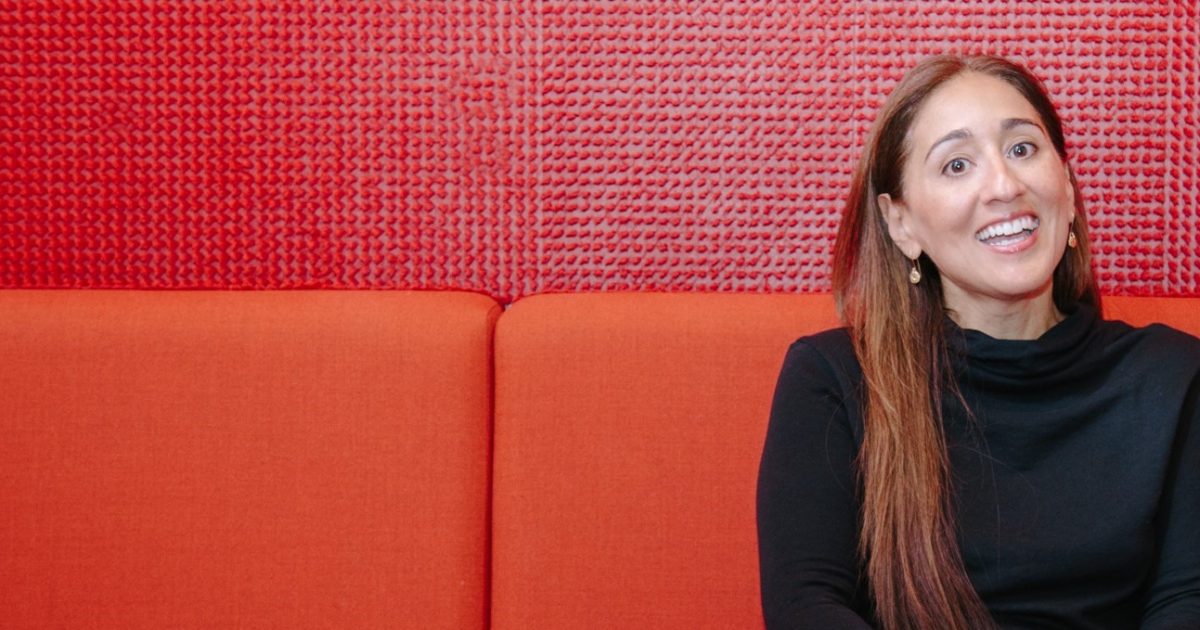
“There are so many things we don’t know about our own planet, or the way that our bodies really work, or where we sit in the universe,” she says. “I think maybe my fascination with the future stems from my general sense of wonder about things.”
Yet her creative side found room to grow, too. Her mother was an artist, so Esquivel tagged along for art openings and spent time hanging out with other artists. In her 20s, she joined a spiritual community that was primarily focused on meditation — something she has done daily ever since.
She figured she’d be a writer and later, a literary critic, and earned her bachelor’s degree in English literature from the University of Texas. But as she considered her future, a mentor suggested she’d do well in advertising. She gave it some thought, applied for her school’s master’s program and earned a full scholarship to write cultural theory about advertising, she says.
Since then, Esquivel has been fascinated by the history of advertising, which she calls “the most sophisticated form of communication” — in part because of its roots in behavioral science.
“If you go back into the history of communication theory and persuasion, you’ll see that there’s a lot of power and a lot of money spent trying to understand how you motivate human beings for larger causes,” she says. “It’s a very powerful form of communication. We spend a lot of time figuring out how it is that we can say something that will get somebody to take an action.”
Esquivel’s career included planning leadership roles at advertising agencies including TBWAChaitDay in New York and Wieden + Kennedy in Amsterdam before she joined Mondelēz in 2012. She has led campaign development for what she calls “more progressive, out-of-the-box content creation.”
Case in point: She helped design a campaign for Trident to convey the idea that chewing gum helps you focus. She and her colleagues took the fact that people are often distracted by mobile devices — and then designed a clothing line made out of radio-frequency shielding fabric that blocks their signals.
The idea was that the person wearing the futuristic clothing could drop their phone in their pocket and focus on the world around them or the person in front of them without distractions.
“It was really future facing, and the attention it did get was from the most forward-thinking parts of culture,” Esquivel says. “A lot of influencers reappraised not only Trident but Mondelēz, in terms of the way they thought about them as a company.”
She’s also proud of her work on Oreo’s “Cookie vs. Creme” campaign. It included a Super Bowl commercial in which chaos ensues over an argument about whether the best part of an Oreo is the chocolate cookie or the creme filling, inviting viewers to vote on Instagram, as well as a quirky video about a man who creates an elaborate machine to separate the creme filling from the cookies.
Just last year, Esquivel was ranked No. 6 on Business Insider’s list of the 30 most creative women in advertising.
She says much of her work has been focused on connecting with millennials, and she acknowledges her own secret interest in teenage pop culture. She devoured the “Twilight” book series and jumped at the chance to see “Superbad” when the movie first came out, confiding that “somewhere deep inside me is a 16-year-old girl.”
Esquivel says she is ready to apply her deep knowledge of consumers and understanding of culture to “have a really profound impact” at Microsoft, a company she believes actively sought out the very different ideas about marketing and communication that she brings to the table.
“From day one I’ve been encouraged to share my unique perspective, even if it runs contrary to what may appear to be Microsoft convention,” she says. “At the same time, I’m also being encouraged to take my time to learn about the people and resources within the organization. The freedom to be curious here has been very inspiring.”
-
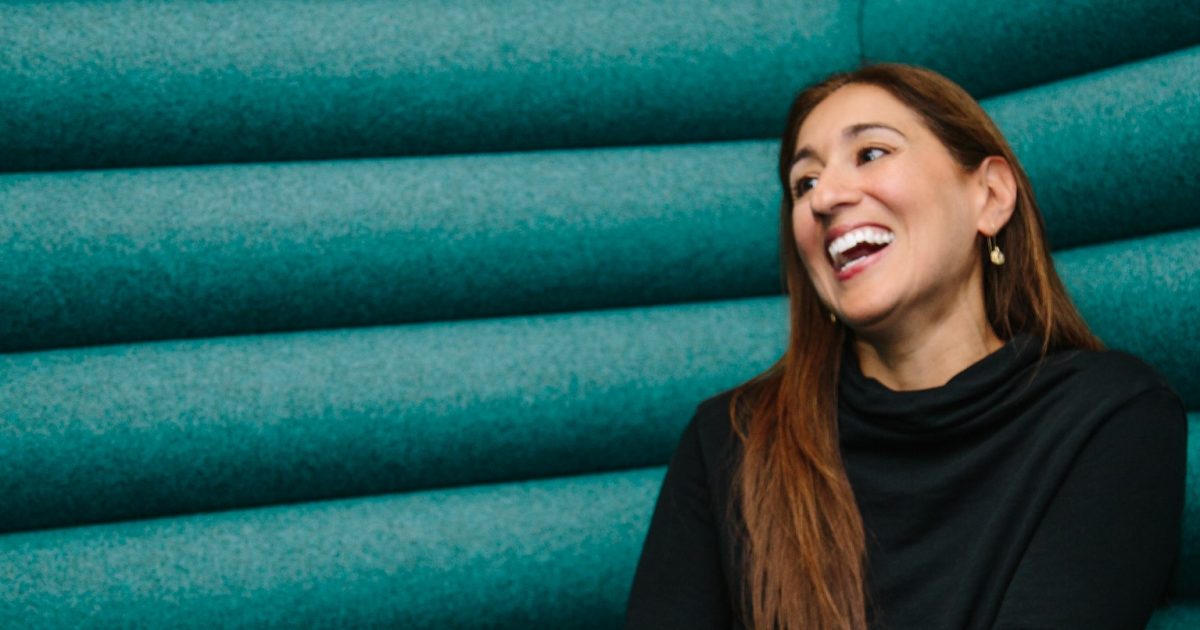
Coming from New York City, she was struck by the “gorgeous” Microsoft campus in Redmond, Washington, and the many smart, courteous people who work efficiently — the pace is much quicker than in advertising, she says — and know how to get things done.
“People are very respectful of one another and everyone’s voice is heard, yet people don’t sit around talking about things all the time; they take action,” she says. “There’s a really nice combination of democracy and dynamism at play.”
One of the things that attracted her to the company was the sense that there’s a lot of career mobility. “You’re never going to stop growing,” she says. “You can switch topics and explore new avenues over the years, and that’s really encouraged within the organization.”
And she believes now is the ideal time to be at Microsoft, a company she says is full of energy and momentum and is poised for even greater things.
“Honestly, I’m so thrilled to be here; I don’t think I’ve ever been happier coming into a new job,” she says. “It’s so exciting what’s happening in this company, and I’m delighted to be a part of it.”

